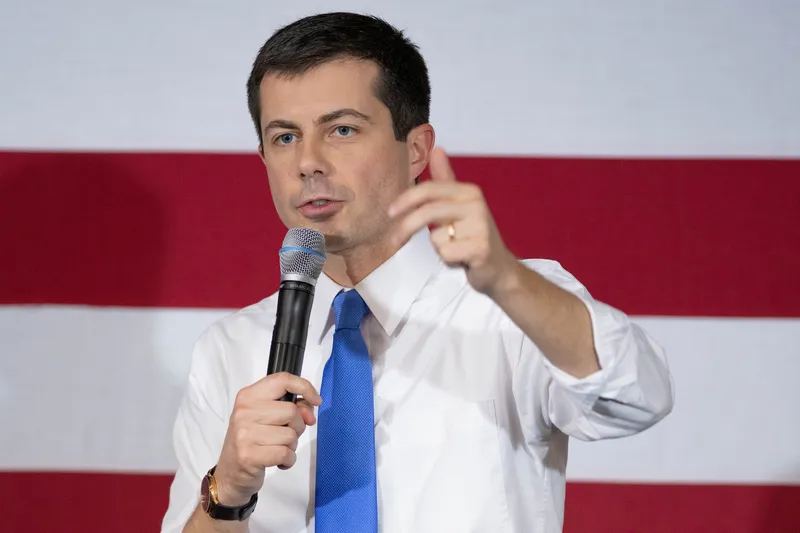Colombia has published the pre-bid documents for the first concession under the second wave of the country's US$25 billion 4G highway plan, the 202 kilometre Puerta de Hierro-Palmar de Varela highway.
Located in northern Colombia, the highway runs through the departments of Sucre, Atlántico and Bolívar.
The project entails US$187 million improvement works on 175 kilometres, with construction estimated to take three years, said vice president Germán Vargas Lleras. The works are to be followed by a main
December 16, 2014
Read time: 2 mins
Colombia has published the pre-bid documents for the first concession under the second wave of the country's US$25 billion 4G highway plan, the 202 kilometre Puerta de Hierro-Palmar de Varela highway.
Located in northern Colombia, the highway runs through the departments of Sucre, Atlántico and Bolívar.
The project entails US$187 million improvement works on 175 kilometres, with construction estimated to take three years, said vice president Germán Vargas Lleras. The works are to be followed by a maintenance concession valued at US$54 billion.
Pre-bid documents are available on the national infrastructure agency's website, with the final specifications to be published in the next 10 business days, Vargas Lleras added. Bids are to be received in mid-April and the plan is to award the project in May.
4G involves the construction of 8,000 kilometres of roads, including 1,200 kilometres of four-lane highways, with the majority of projects to be carried out as PPPs.
Located in northern Colombia, the highway runs through the departments of Sucre, Atlántico and Bolívar.
The project entails US$187 million improvement works on 175 kilometres, with construction estimated to take three years, said vice president Germán Vargas Lleras. The works are to be followed by a maintenance concession valued at US$54 billion.
Pre-bid documents are available on the national infrastructure agency's website, with the final specifications to be published in the next 10 business days, Vargas Lleras added. Bids are to be received in mid-April and the plan is to award the project in May.
4G involves the construction of 8,000 kilometres of roads, including 1,200 kilometres of four-lane highways, with the majority of projects to be carried out as PPPs.









